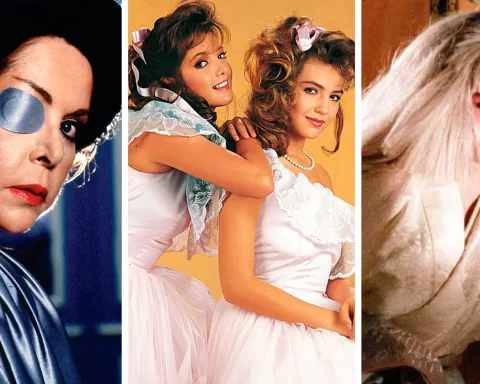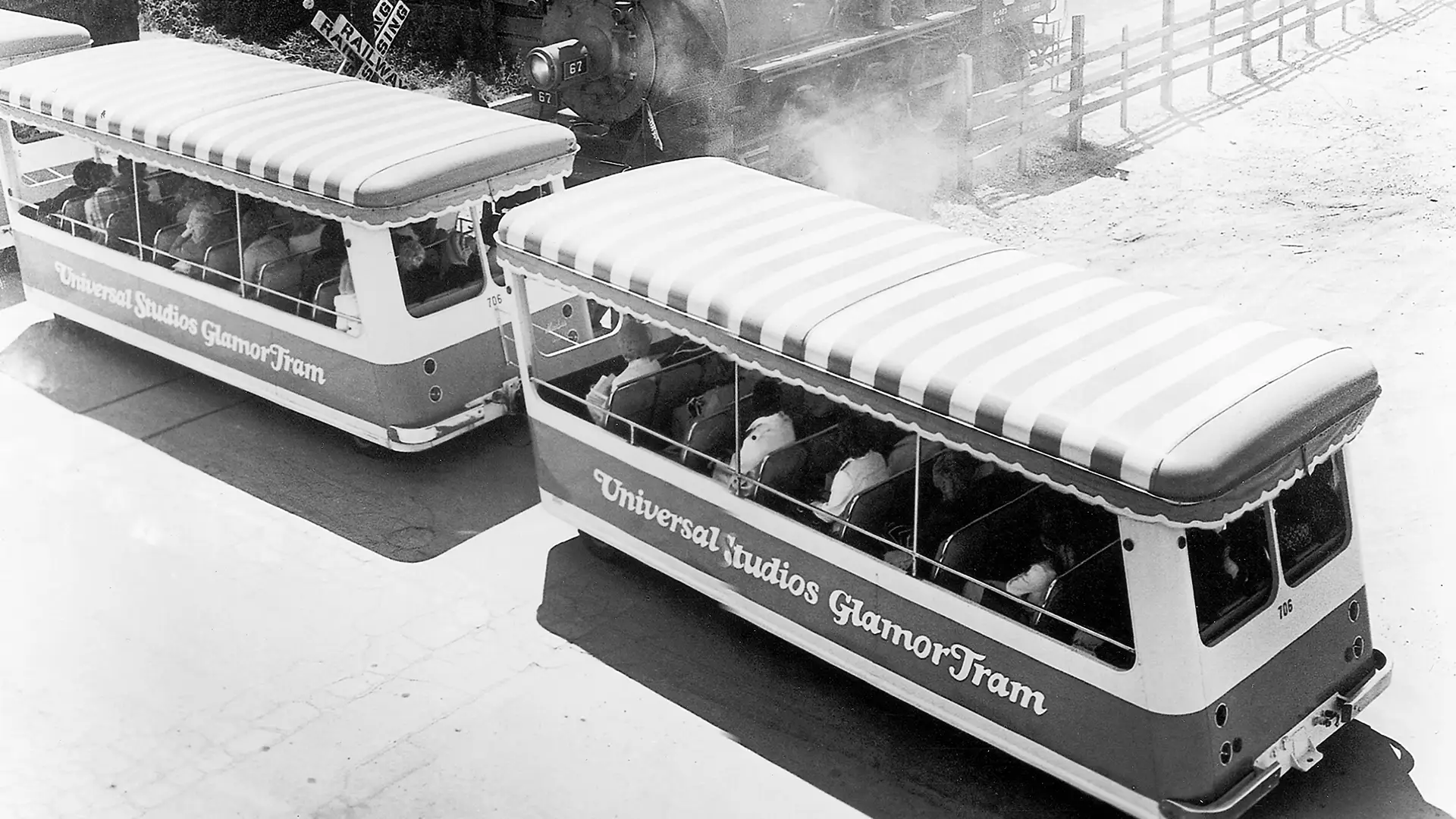The 90’s were a golden age for Mexican telenovelas, marking an era in which television captivated national and international audiences with stories full of passion, drama and romance. In this journey through the time tunnel, we will remember some of the telenovelas that left a mark in the hearts of millions of viewers around the world.
Corazón Salvaje (1993)
“Corazón Salvaje” is a Mexican telenovela based on the novel of the same name written by Caridad Bravo Adams. It was produced by José Rendón and aired by Televisa in 1993. The plot is a mix of romance, drama, adventure and revenge, set in early 20th century Mexico.
The plot is set in Martinique in the 19th century, in the colonized French West Indies. Two half-brothers, Juan (Eduardo Palomo) and Andres (Ariel Lopez Padilla), have a relationship of eternal hatred. One, being a bastard son, is despised by society, while the other is the heir and administrator of his father’s great fortune. Both brothers, by twists of fate, end up coinciding with two sisters, Monica (Edith Gonzalez) and Aimee (Ana Colchero), who are opposites in every way. The story focuses on the struggle of both men for Aimée’s love, with Monica in the middle and the family and social complexities. In addition, themes of slavery and freedom struggles are addressed that contribute to the plot of this love story.
“Corazón Salvaje” was a huge success in Mexico. The chemistry between the main characters, the captivating story and the high quality production contributed to its popularity. Eduardo Palomo and Edith González, who played the main characters, became international stars thanks to their outstanding performances.
Dos Mujeres un Camino (1993-1994)
“Dos mujeres, un camino” is a Mexican telenovela produced by Televisa in 1993. Created and produced by Emilio Larrosa, the telenovela was notable for combining elements of action, drama and romance.
The story revolves around Johnny Villegas, played by Erik Estrada, a hard-working and charismatic truck driver who finds himself in the middle of a love triangle. Johnny is married to Ana María, a character played by Laura León, a strong and determined woman. However, his life takes a turn when he meets Tania, played by Bibi Gaytán, an innocent and dreamy young woman.
The plot thickens when Tania and Ana María become best friends and the question is how long will Johnny be able to hide his deception? The series explores the challenges and moral conflicts Johnny faces by having two women in his life, each with her own characteristics and struggles.
María la del Barrio (1995)
“María la la del Barrio” is a Mexican telenovela produced by Televisa and aired in 1995. This telenovela became a huge hit thanks to its drama and romance-filled plot, as well as Thalia’s outstanding performance in the lead role.
The story follows María Hernández, a humble and underprivileged young woman who lives in a poor neighborhood in Mexico City. María is played by Thalía, who gave a memorable performance and became one of the icons of telenovelas in the 1990s. María is orphaned, and her life takes a turn when she is taken in by the wealthy De la Vega family.
María faces the hostility of the De la Vega family, especially Soraya Montenegro, played by Itatí Cantoral, a villain who became one of the telenovela’s most memorable characters. As the story progresses, María falls in love with Luis Fernando De la Vega, played by Fernando Colunga, which causes family conflicts and triggers a series of dramatic events.
The plot is filled with classic telenovela elements, such as impossible love, family intrigue, revealing secrets and redemption. Throughout the story, María faces numerous challenges and adversities, but her fighting spirit and kindness make her a beloved heroine.
La Usurpadora (1998)
“La Usurpadora” is a Mexican telenovela aired in 1998. It was directed by Beatriz Sheridan and produced by Salvador Mejía Alejandre. It stars Gabriela Spanic, who plays twin sisters, Paola and Paulina, and Fernando Colunga, who plays Carlos Daniel Bracho. The story revolves around Paola, who is bored with her life as a wife and mother, and decides to switch places with her identical twin sister, Paulina, who works as a maid in the mansion of a wealthy family.
As Paulina integrates into the Bracho’s life, she faces numerous challenges, including the hostility of some family members and the intrigues of people who discover her secret. The telenovela explores themes of identity, loyalty, love and family conflict.
“La Usurpadora” was a great success and became a ratings phenomenon, both in Mexico and in other Latin American countries and the world. Gabriela Spanic’s performance in the twin roles was especially praised. The telenovela has been rebroadcast several times and has left a lasting mark on popular culture, being remembered as one of the most iconic telenovelas of the 1990s.
El Privilegio de Amar (The Privilege of Loving) (1998-1999)
“El Privilegio de Amar” is a Mexican telenovela produced by Carla Estrada for Televisa. It was first aired between 1998 and 1999. This telenovela is an adaptation of the Venezuelan play “Cristal”, written by Delia Fiallo.
Juan de la Cruz (César Évora), a seminary student, visits his devout mother, Ana Joaquina (Marga López), who always influenced his religious vocation. Luciana (Helena Rojo), a young dreamer who works for Ana Joaquina, falls in love with Juan de la Cruz, and together they live a night of love and purity. When Ana Joaquina discovers that Luciana is pregnant, she leaves her newborn daughter at the door of a house to be raised, but the girl ends up in an orphanage.
Years later, Cristina (Adela Noriega), Luciana’s daughter, grows up happily in the orphanage, although with the curiosity of her origin. Luciana, now owner of a fashion house, is married to actor Andrés Duval and they have two children. The plot unfolds between Cristina’s search for her identity and the complexity of family relationships.
The success of “El Privilegio de Amar” was reflected in the awards ceremony, where several actors were recognized for their outstanding performances. The telenovela continues to be remembered as one of the most successful productions of the time and has been rebroadcast on several occasions, consolidating itself as a classic of the genre.
So, as we close the television set of memories, we carry with us the magic and charm of those days. We invite everyone to relive those special moments, either through nostalgic marathons, online clips or simply by fondly remembering those chapters that became cherished pieces of our lives. Because, at the end of the day, the telenovelas of the 90s were not just TV shows; they were experiences that brought us together, made us feel and reminded us of the eternal fascination of getting lost in a world of love and drama.





















